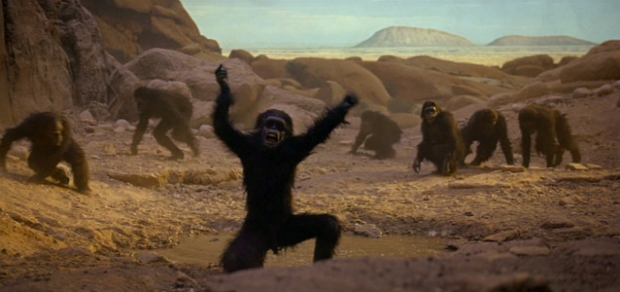Virginia Governor Ralph Northam has
decided that all Virginians must wear face masks in “indoor public areas.” An enlightened authority, he
declares that he has good reason for his decision.
“I am taking this step because science increasingly shows us
that the virus spreads less easily when everyone is wearing
face coverings,” Northam said during a press conference.
It’s nice to know that science
shows this. It would be helpful to know
where we go to consult science. Perhaps
to one of science’s spokespersons, such
as Dr. Anthony Fauci.
"I want to protect myself and protect others, and also
because I want to make it be a symbol for people to see that that's the kind of
thing you should be doing," Fauci, the nation's top infectious disease
expert and a member of the White House's coronavirus task force, told CNN's Jim
Sciutto on "Newsroom."
Fauci said he believes that while wearing a mask is not
"100% effective," it is a valuable safeguard and shows "respect
for another person."
There are two very different
argument in favor of face masks here. One
is that face masks serve as a symbol of virtuous intent. It serves as a symbol for what people should be
doing and it shows respect for other persons.
I confess that I am skeptical. I
happen to think that public health policy should be designed to advance public
health and not to send signals.
At any rate, it is surely not within
the powers of the governor of Virginia to force people to wear cloth over their
faces in order to show respect for others.
As Joe Biden might put it, there’s that thing… the thing in this case
being the Free Speech clause of the First Amendment.
The second argument is that a face
mask is “a valuable safeguard,” even if not “100% effective”. Okay. Only
an idiot would suppose that this practice is perfect. But if not 100%, then what? Does science tell us that face masks are 75%
or 50% or 15% effective? A little more
precision would help in evaluating Governor Northam’s dictate.
Dr. Fauci gives us none, but the
British Guardian is more helpful. Here
we find a report from “a multidisciplinary group convened by the Royal Society
called Delve – Data Evaluation and Learning for Viral Epidemics.” This is what Delve has to say:
Our analysis suggests that [face mask] use could reduce onward
transmission by asymptomatic and pre-symptomatic wearers if widely used in
situations where physical distancing is not possible or predictable,
contrasting to the standard use of masks for the protection of wearers,” the
report notes. “If correctly used on this basis, face masks, including homemade
cloth masks, can contribute to reducing viral transmission.
Someone should ask Governor
Northam if when he says science, he means Delve. It turns out that Delve isn’t exactly science. The Guardian piece goes on:
The [Delve] report prompted other scientists to express their
reservations, warning that it amounted to no more than opinion and overstated
the available evidence.
Dr Simon Clarke, associate
professor in cellular microbiology at the University of Reading, Dr Ben Killingley, consultant in acute
medicine and infectious diseases at University College London hospital,
and Dr Antonio Lazzarino of the Department of Epidemiology and Public Health at
University College London all had the same view of the Delve Report. To quote Dr. Killingley:
The report is overly optimistic
about the value of face coverings and it is incorrect to conclude that the
evidence shows that face covering can reduce viral transmission in the
community,” he said. “There is in fact no good evidence that face coverings
achieve this.”
Dr.
Lazzarino goes further:
Based on what we now know about
the dynamics of transmission and the pathophysiology of Covid-19, the negative
effects of wearing masks outweigh the positive.
We
might also consult the
World Health Organization:
If you are healthy, you only
need to wear a mask if you are taking care of a person with COVID-19.
Is
that science?
I am not competent to judge the
science here, but Governor Northam’s dictate was a political act and there I
have some expertise. He knows no more
about science than a hog knows about Sunday.

